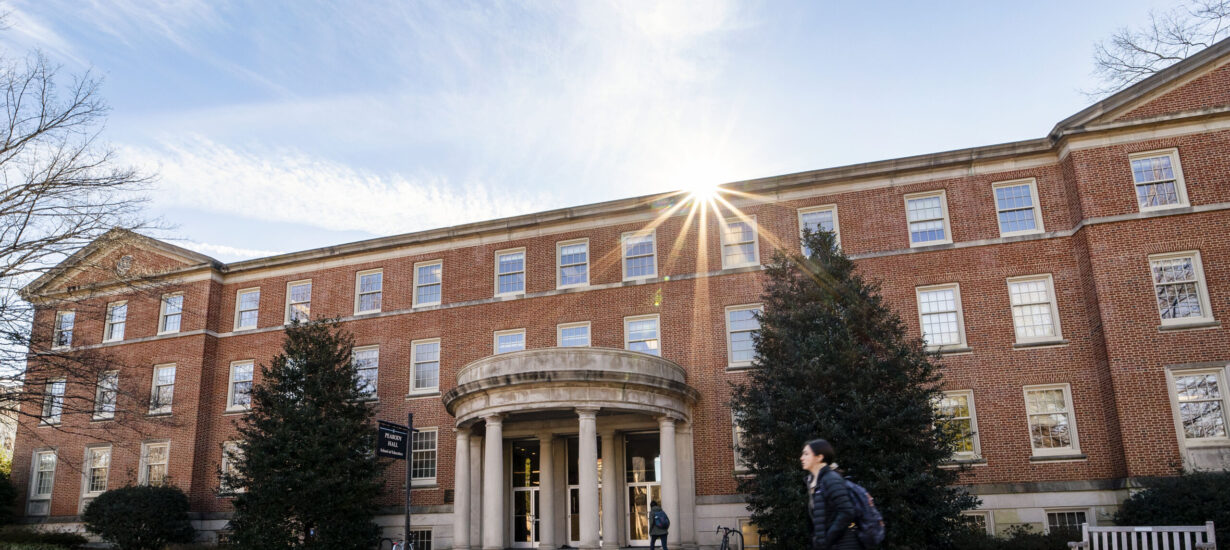- Membership
- Perks and Discounts
- Things To Do
- Resources
- News
- About
- Shop
Related Content
Improv Meets the Boardroom
July 24, 2024
Peek into Greg Hohn’s classroom at Kenan-Flagler Business School on any given day, and more...
Read MoreHonor System Shifts Leadership from Students to Staff
July 19, 2024
UNC’s Honor System, student-led since its inception more than 100 years ago, is shifting to...
Read MoreFraternity Members Speak at Republican Convention
July 18, 2024
Seven fraternity members from UNC marched down the aisle July 17 at the Republican National...
Read More-
2024
-
2023
-
2022
-
2021
-
2020
-
2019
-
2018
-
2017
-
2016
-
2015
-
2014
-
2013
-
2012
-
2011
-
2010
-
2009
-
2008
-
2007
-
2006
-
2005
-
2004
- Academics and Athletics
- Admissions
- Alumni Profiles
- Alumni Recognition
- Around Town
- Arts
- Books
- Campus Profile
- Campus Safety
- Carolina Alumni Awards
- Carolina Alumni Leadership
- Carolina Alumni Programs and Outreach
- Carolina Alumni Reunions
- Carolina Alumni Review
- Celebrations
- Championships
- College and Costs
- Commencement
- Coronavirus
- Discovery
- Extracurricular
- Faculty
- Faculty Awards
- For the People
- Go Heels
- Greek Life
- Hark the Sounds
- Higher Education
- Homecoming
- In Class
- In Memoriam
- Innovation and Technology
- Issues
- Object Lesson
- On View
- Our Treescape
- Philanthropy
- Podcast
- Public Service
- Race and Reckoning
- Research
- Sexual Assault
- Silent Sam
- Sports
- Structures
- Student Achievement
- Students
- Timelines
- Tuition and Financial Aid
- UNC Libraries
- UNC’s History
- Undergraduate Spotlight
- University Achievements
- University Awards
- University Budget Issues
- University Development
- University Leadership
- University News
- University Rankings
- What We Do
- Who We Are
- Young Alumni
- Yours at Carolina
UNC Counselors Headed to Rural Areas

The School of Education recently received a $2.27 million grant from the U.S. Department of Education to fund a project to increase the number of school counseling graduates working in rural elementary and middle schools across the state.
Helping Heels — Expanding Access to Care and Improving Opportunities for Rural Schools in the Tar Heel State aims to improve the mental health and educational opportunities for students in North Carolina’s rural schools. Led by Dana Griffin, an associate professor in the school counseling program, the initiative sends graduate students to rural communities for yearlong internships. The program also assists students as they seek employment in rural districts. The inaugural cohort of students began working in the program in May.
The project is an accelerated 14-month program where graduate students will take courses over the summer, spring and fall semesters. Most traditional counseling programs are two years.
Griffin’s research indicates schools in rural communities are often in high-need areas and have fewer opportunities, as demonstrated by lower attendance, test scores and more behavioral suspensions. She also emphasized the importance of school counselors and how their role has evolved over the last few years.
“They can be assets in the school that can work to address behavioral problems, as well as academic problems,” Griffin told The Daily Tar Heel.
Manuela Perdomo, a graduate student in the school counseling program, hopes to use her own experiences to advocate for under-represented students in rural schools. She discovered the project when she was applying to schools that offer work in rural areas. Perdomo has worked in many low-income and rural schools in her home state of Georgia and knew the program would fit her needs.
“We need to be making sure that it’s equal for all of our students, not [unequal] just because they live on one side of the country,” Perdomo said. “I really want to make sure that kids are getting the same resources, the same opportunities as other students all across the state.”
The program first places students in counseling theory courses, where they are taught how to apply theories they learn in individual and group counseling settings. They also take classes on how to recognize mental health disorders and work with diverse populations.
© 2024 Carolina Alumni
